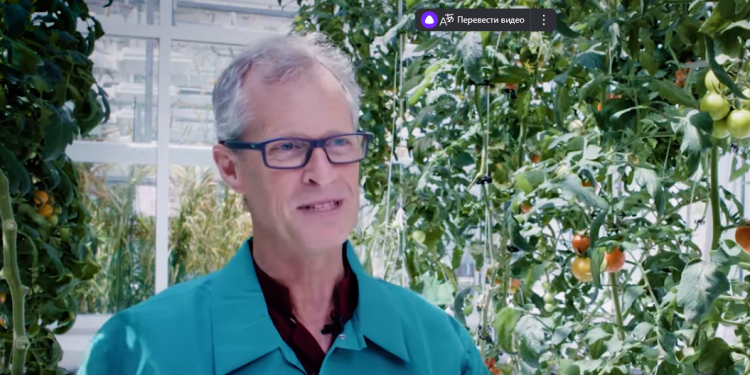#SaltwaterFarming #GreenhouseInnovation #WaterScarcitySolution #SustainableAgriculture #FoodSecurity #FreshwaterConservation #ClimateChange #CarbonFootprint
Discover how Red Sea Farms, a startup from King Abdullah University of Science and Technology (KAUST), is revolutionizing agriculture with its innovative saltwater farming technique. By utilizing seawater to cool greenhouses and irrigate crops, this groundbreaking technology addresses water scarcity issues and offers a sustainable solution to food production. Watch the video below to learn more about this game-changing development in controlled-environment agriculture.
Ryan Lefers, CEO and co-founder of Red Sea Farms, has pioneered a remarkable method that harnesses the power of saltwater for greenhouse farming. This innovation not only addresses the challenges posed by water scarcity but also eliminates the need for freshwater resources in agricultural practices. By processing seawater through advanced agricultural engineering techniques, Red Sea Farms has developed a cost-effective and environmentally friendly approach to reduce freshwater consumption in agriculture.
The implementation of this system has gained significant traction, particularly in regions struggling with water scarcity. Red Sea Farms has expanded its operations beyond KAUST and has established a partnership with the University of Arizona’s College of Life and Sciences’ Controlled Environment Agriculture Center in the United States. This collaboration aims to extend the reach of the technology and position it as a global solution to food scarcity and climate change.
The introduction of saltwater farming in greenhouses holds immense potential for mitigating the impact of droughts on crop production. By enabling cultivation in regions where water resources are limited, this technology offers hope to farmers and communities facing agricultural challenges in arid climates. Additionally, the reduced reliance on freshwater sources helps preserve this valuable resource and alleviates the strain on ecosystems that are already under pressure due to increasing water demands.
Furthermore, saltwater farming contributes to a significant reduction in the carbon footprint of agriculture. The traditional agricultural practices that rely heavily on freshwater irrigation are known to consume substantial amounts of energy and contribute to greenhouse gas emissions. Red Sea Farms’ innovation not only reduces freshwater usage but also minimizes the associated energy requirements, leading to a more sustainable and environmentally conscious approach to food production.
As the adoption of saltwater farming expands globally, it has the potential to transform the agricultural industry, ensuring food security in water-stressed regions and contributing to a more sustainable future.










